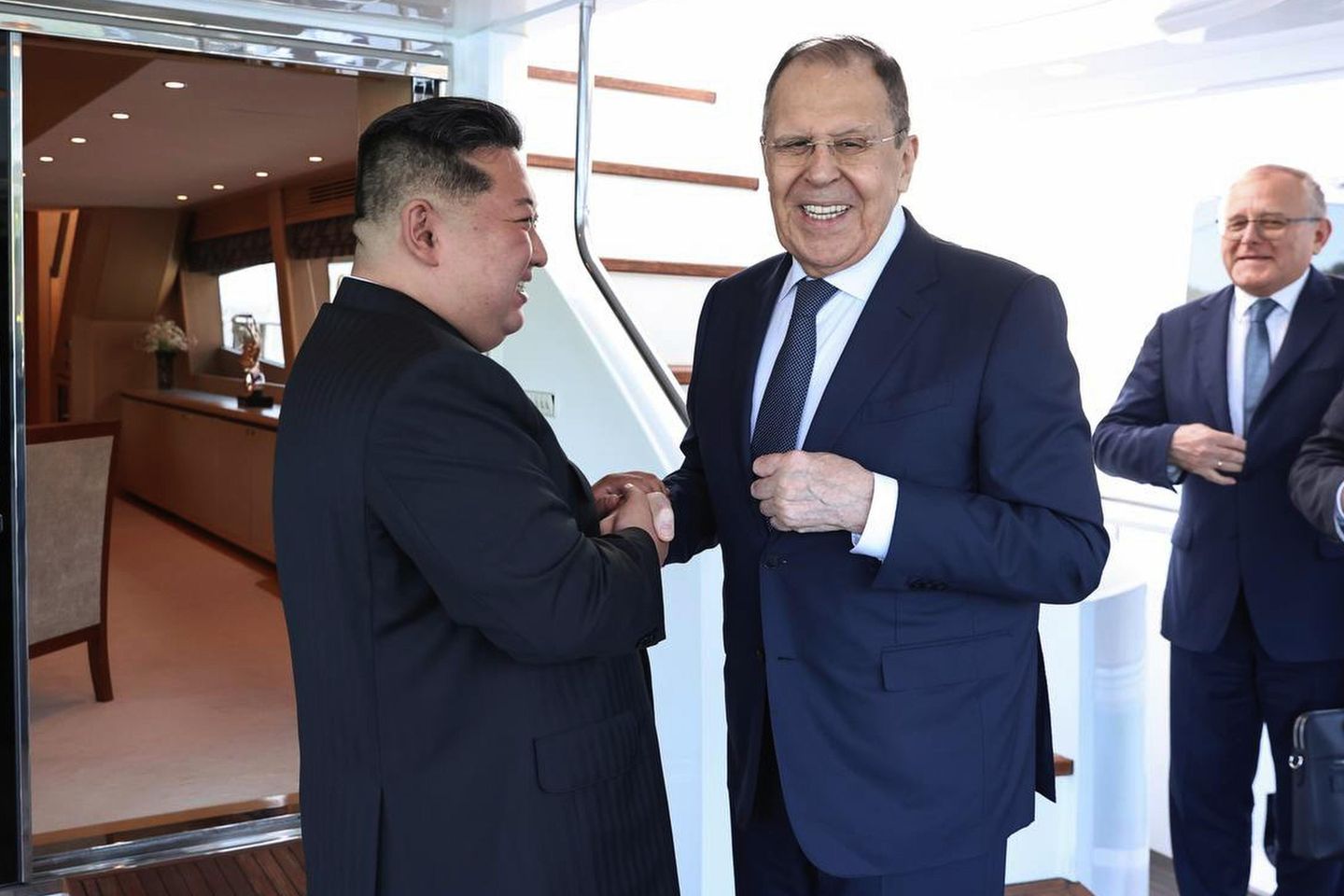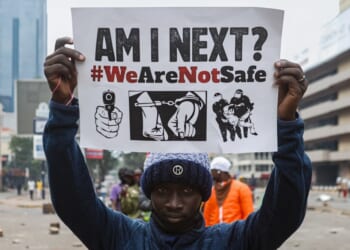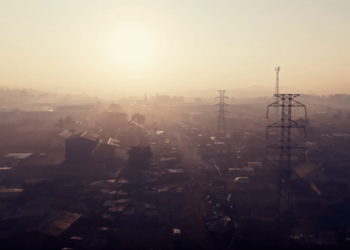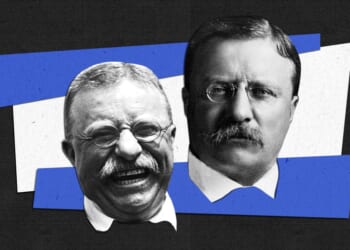
SEOUL, South Korea — Russian Foreign Secretary Sergey Lavrov spoke of an “unbreakable brotherhood” with North Korea and its “heroic troops” who have made a “vital contribution” to Russia’s war effort against Ukraine, as he wrapped up a two-day visit to Wonsan, North Korea, on Sunday.
“The Russian side expressed its sincere gratitude for Pyongyang’s consistent support in principle of the Russian special military operation, and the participation of fighters from the Korean People’s Army in ousting Ukrainian nationalists and foreign mercenaries from [Russia’s] Kursk Region,” Russian news agency TASS reported Mr. Lavrov as saying.
Mr. Lavrov also blamed the U.S. for increasing tensions in Northeast Asia — a likely reference to last week’s Japanese-South Korean-U.S. aerial drills in which jet fighters from the Asian democracies were drilling with U.S. B-52 strategic bombers.
North Korean leader Kim Jong-un told Mr. Lavrov, per Pyongyang state media reports monitored abroad, that he is “ready to unconditionally support and encourage all the measures taken by the Russian leadership as regards the tackling of the root cause of the Ukrainian crisis.”
It is unclear whether that could mean the deployment of North Korean combat troops alongside Russian troops fighting inside Ukraine.
Russia, which has been fighting the three-year-long Ukraine war with a force of volunteers rather than conscripts, needs manpower. Only North Korea has sent troops to fight on Moscow’s side.
As many as 13,000 North Korean troops joined Russian units in a months-long campaign to eject a Ukrainian incursion in Russia’s Kursk Oblast. The North Koreans there suffered heavy losses but won a reputation for cohesion, determination, fitness, marksmanship and a willingness to fight to the death.
They also have gained battlefield experience with modern combat tactics and military technologies that their South Korean rivals lack.
Seoul’s troops have joined peacekeeping operations in locations as distant as Afghanistan, Iraq and South Sudan, but their last major combat operations — in the Vietnam War — ended in 1973.
A “Comprehensive Strategic Partnership” signed by Mr. Kim and Russian President Vladimir Putin in Pyongyang in June 2024 included a mutual defense clause. That clause was triggered after Ukraine launched a surprise offensive into Kursk in August 2024.
North Korean troops were identified in Russia in October and subsequently appeared in action in Kursk, where major operations concluded in late April. But they have not been seen fighting alongside Russian troops in Ukraine proper.
Pundits say that in return for its troops’ sacrifices in Kursk, Pyongyang has benefited from a supply of Russian ballistic missile guidance technologies, advanced air-defense arms, drone manufacturing systems and possibly naval warfare command suites and propulsion systems.
In June, it was reported that North Korea would send mine clearance troops and construction units to assist Russia with rebuilding, but there was no mention of further combat.
Russian aid from Asia
North Korea fields an approximately 1-million-strong regular force. Of that, experts believe some 200,000 men are crack, combat-ready troops — commandos, marines, paratroopers, light infantry — indicating that Mr. Kim has plenty more troops to bolster Russia’s war effort.
What’s more, Ukrainian media, citing Kiev intelligence sources, reported last week that Laos is planning to send engineering troops to Russia. However, Laos, in Southeast Asia, boasts nothing close to the huge military-industrial complex that fortress state North Korea wields in Northeast Asia.
Separately on Sunday, South Korea’s Defense Ministry alleged that Pyongyang has sent as many as 12 million rounds of 152mm ammunition to Moscow. The 152mm munition is the workhorse of Russia’s tactical artillery, equivalent to NATO’s 155mm shells.
North Korea is believed to have provided Russia with about 28,000 container loads of weapons and munitions to date, containing an estimated 12 million shells, according to a report by South Korea’s Defense Intelligence Agency (DIA), Seoul’s Yonhap News reported Sunday.
Other reports state that Russian tourists have arrived at Wonsan, a huge beachside resort opened with great fanfare by Mr. Kim and family members last month.
Meanwhile, Leonid Petrov, an Australia-based academic and North Korea-watcher, posted images on his social media feed from Russia’s Foreign Ministry, which remarked approvingly of the presence of cemeteries in the Wonsan area to Soviet troops.
The Red Army struck deep into Korea in a shock offensive in the closing days of World War II, when the peninsula was occupied by Imperial Japan. Mr. Lavrov’s delegation reportedly visited the cemetery during its two-day stay in Wonsan.

















